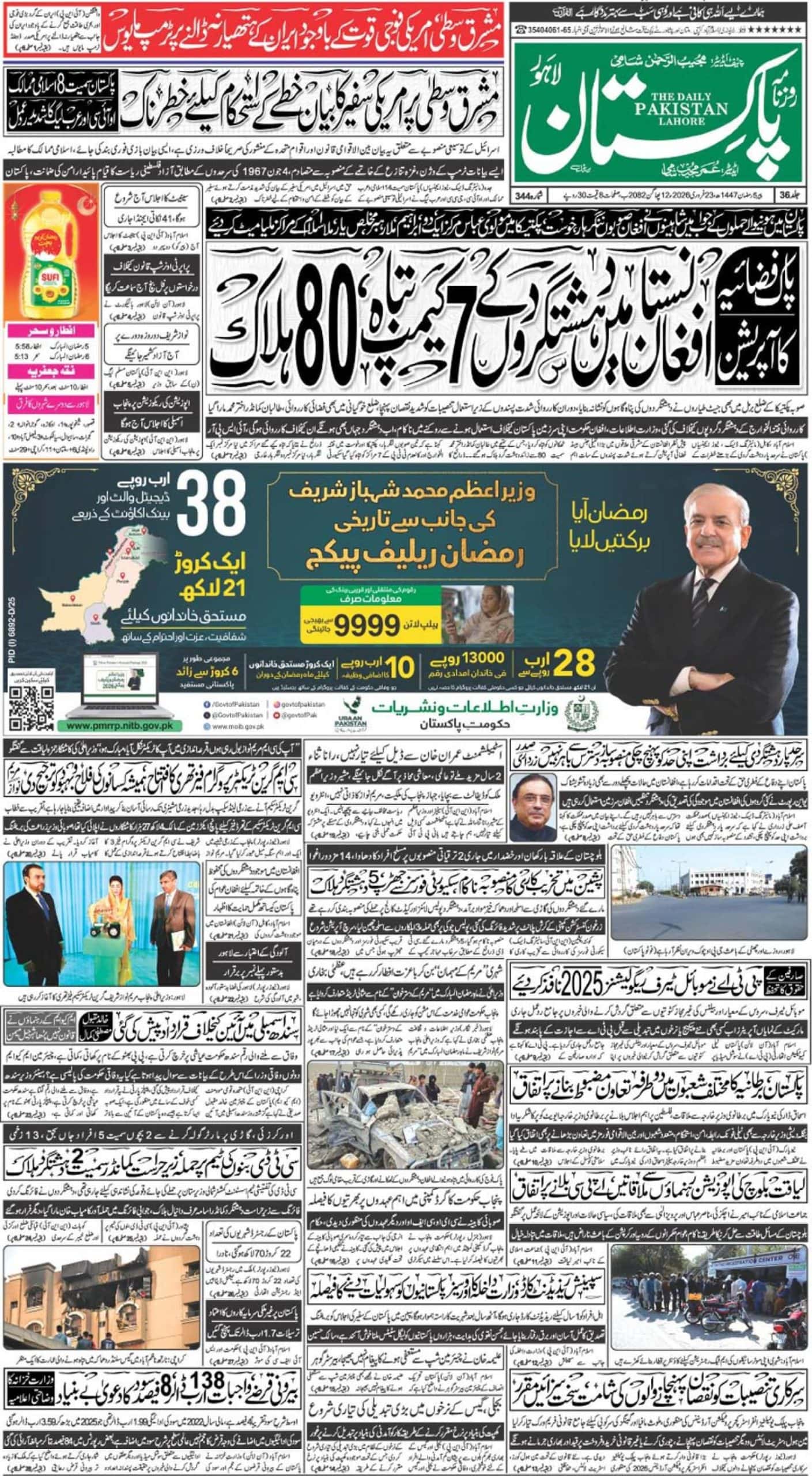WASHINGTON – The US Department of State confirmed on Tuesday an increase in visa processing fees for a number of non-immigrant visa categories, though less than the proposed increase.
The visa fee would also increase for F and M student visas and J exchange visas and comes months after the Department of State published a draft rule on the change of fees for public comment, while proposing a 50 per cent increase in processing fees for non-immigrant visas from US$160 to US$245.
At the time of the publication of the report in December, the Department of State stated that the increases were needed to fully recover the cost of providing services under the Cost of Service Model (CoSM); however, in the Final Rule published by the Department of State, the increase has been lower.
According to the changes, the application processing fee for non-immigrant visas will increase by 15.6 percent to US$185 from May 30th 2023.
“The fee for visitor visas for business or tourism (B1/B2s and BCCs), and other non-petition based NIVs such as student and exchange visitor visas, will increase from $160 to $185. The fee for certain petition-based nonimmigrant visas for temporary workers (H, L, O, P, Q, and R categories) will increase from $190 to $205. The fee for a treaty trader, treaty investor, and treaty applicants in a specialty occupation (E category) will increase from $205 to $315,” the department said.
As per official announcement, the processing fee for the BCCs for Mexican citizens age 15 and over will be raised from $160 to $185 though the original proposal was to raise it to $245.
‘The fee for the exchange visitor waiver of two-year residency requirement will be maintained at $120, instead of the proposed $510,’ the department highlighted.
The State Department explained that Activity-Based Costing (ABC) methodology is opted to calculate annually, the cost of providing consular services, including visa services and the fees for most non-petition based NIVs were last updated in 2012, and certain other NIV fees were last changed in 2014.
The Department explained that the proposed fees were calculated on a 10-year average of past and projected usage, but said travel environment could change drastically as seen during the pandemic.
In the Final Rule, the Department of State said it received a total of 328 comments, 94 of which were duplicates and focused on issue like impact on international education and that the hike might drive students away from the country.
“The Department believes this [lower] modification largely addresses the issues raised by the commenters, which appeared to be driven by financial impact on visa applicants,” it said in response.
The Department of State is also postponing the proposed fee hike for the exchange visitor waiver of residency requirement (J-Waiver), which was originally planned to increase from US$120 to US$510.
The announced hike has somewhat relieved the visa seekers as the proposed increase was way too much high and virtually opened a barrage of criticism. The Final Rule publication by the Department of State can be read here.














